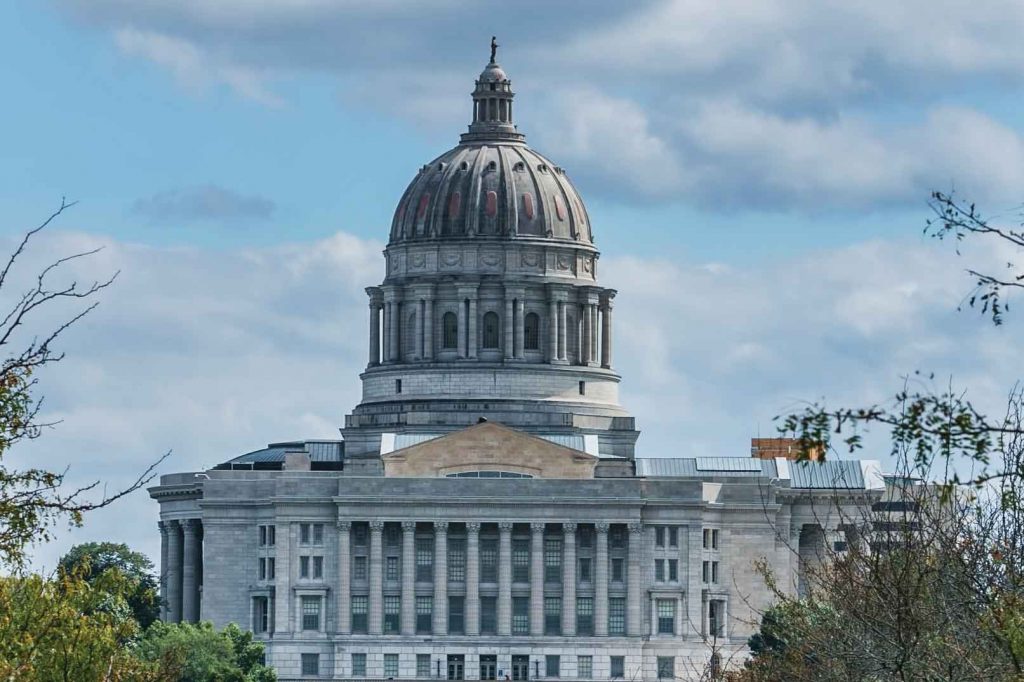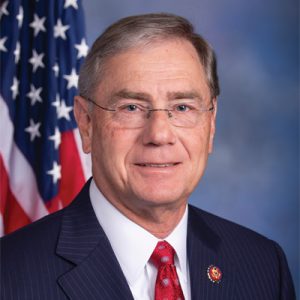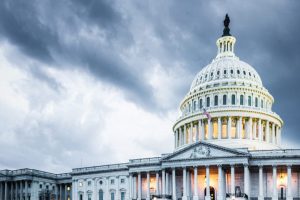Recently in the Financial Services Committee at a hearing entitled “A Biased, Broken System: Examining Proposals to Overhaul Credit Reporting to Achieve Equity,” Chairwoman Waters and the majority made clear their efforts to move toward a government takeover of the financial services industry are moving full speed ahead.
By rule, congressional hearings must have legislation tied to them. This particular hearing corresponded with Democrats’ legislation that would create a government-run credit bureau within the Consumer Financial Protection Bureau. This proposal would mean the government would be determining whether a person is creditworthy within the United States. The government would also determine how much of a person’s lending history would be available to banks when considering loan applications. This proposal came on the heels of another hearing on the Fintech Taskforce, where the majority proposed on numerous occasions the idea of public Fed Accounts and Postal Banking.
While it might not always sound like it, I do my best not to get political in these columns. The purpose is to inform you on what is happening in Congress and how it affects community banks. The fact of the matter is the ideas gaining traction in the House Financial Services Committee are beyond concerning. Democrats (not one Republican supported it) are pushing changes in the law so that not only does the federal government decide who is eligible for a loan, but in many cases, they are the ones who will lend it. In this Congress, along with my duties on the Financial Services Committee, I am the Republican Leader of the House Small Business Committee. At every turn, the Small Business Administration has sought to increase its direct lending and granting authority while cutting out private sector involvement. Those of us who have been around a few decades remember the farm credit crisis in the 70s. Cheap, easy money loaned directly from the government took farm debt to an unprecedented level, and when the music stopped, countless farmers were left in ruins. Those tough lessons have been forgotten or were never learned by some of my colleagues.
Recently, my focus has been on keeping our regulators in their lane. I have reintroduced my bill to create a five-person, bipartisan commission to replace the single director position at the CFPB. The Bureau is constantly being used as a political football, and its director wields so much power that the Supreme Court grappled with whether the position was even constitutional. Allowing one person to hold such unchecked power over our economy is irresponsible and verges on negligence. My bill would provide increased accountability and transparency so the American people can trust the CFPB to do its job without political motivation.
Currently at the CFPB, we have an Acting Director – who has not been confirmed by the Senate – making major policy decisions without the proper authority. He has taken nine enforcement actions, rescinded administration guidance on the CFPB’s policy for combatting “abusive” industry practices, delayed the implementation of the Debt Collection Rule, and is moving full speed ahead on a rule to implement Section 1071 of Dodd-Frank, which requires banks to compile, maintain, and submit even more data to the CFPB. There have also been very concerning reports that the CFPB has used threatening tactics and started investigations into senior career staff to remove them from the Bureau due to their political affiliation. This could potentially violate the Civil Service Reform Act.
The need for a bipartisan commission at the CFPB has never been clearer, and I will continue working on getting my legislation passed to create order at the CFPB and allow it to function as it was designed. In the meantime, please continue to keep in touch with my office and let us know where we can help.








